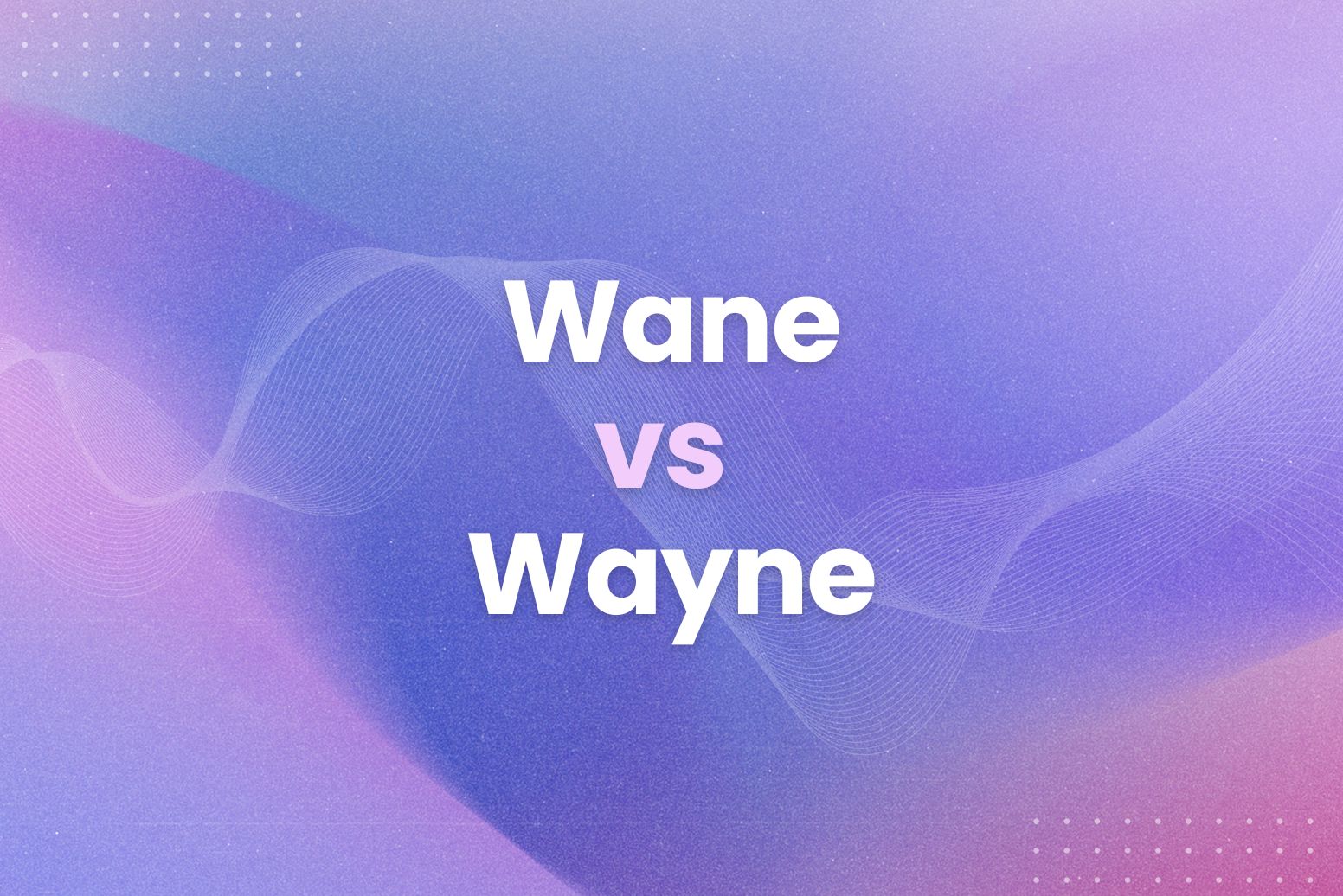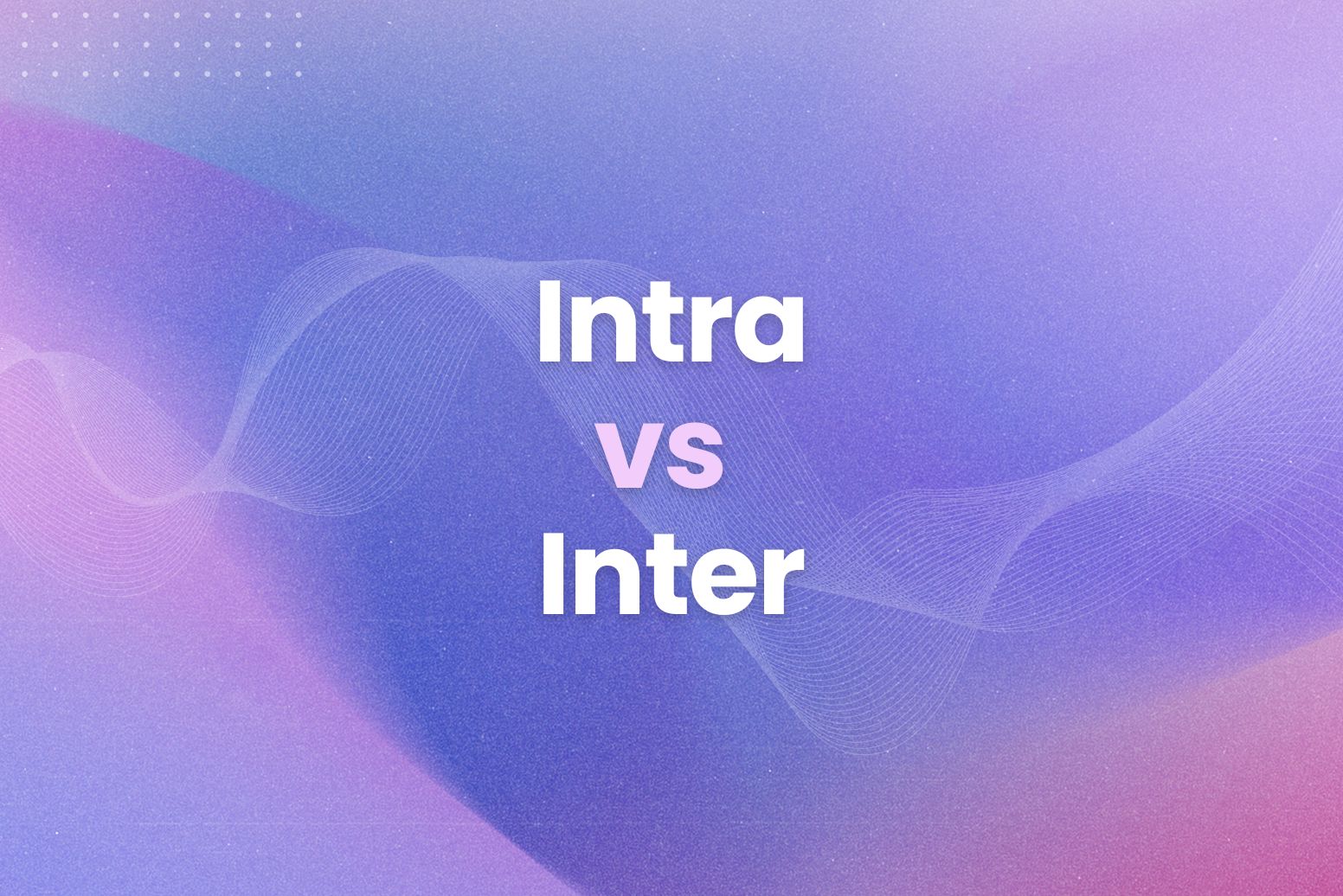How often do you feel confused when you’re using Wane vs Wayne? These two words may sound similar. But their meanings couldn’t be more different. Confusing them can lead to awkward errors—especially in writing.
This guide breaks it all down for you. By the end, you’ll know exactly when to use each word, avoid common pitfalls. And maybe even save yourself from an embarrassing typo.
What we’ll cover
- What does “wane” mean?
- Who (or what) is “Wayne”?
- Examples to highlight the difference between wane vs Wayne.
- In the end, some tricks to remember the correct usage.
Let’s get started.
What Does “Wane” Mean?
The word “wane” often refers to a decrease or decline. It’s commonly used to describe something that’s diminishing in strength, size, or intensity. For example, you might say, “Interest in the topic started to wane.” This means that the interest was fading over time.
In its origins, “wane” was often associated with the phases of the moon. When the moon “wanes,” it appears smaller as it transitions from full to new. Today, the term has expanded far beyond lunar discussions and is used in various contexts, like:
- Energy: “His enthusiasm began to wane as the project dragged on.”
- Popularity: “The trend quickly waned after its peak last summer.”
- Time: “Daylight is waning earlier as winter approaches.”
It’s important to note that “wane” is always about lessening. Whether you’re talking about physical objects, abstract ideas, or time itself, the focus is on decline.
If you’re unsure about the proper usage, Arvin can be a lifesaver. It catches errors and explains the nuances of words like “wane,” so you get it right every time.
Who (or What) Is “Wayne”?
Unlike “wane,” “Wayne” is a proper noun—typically a name. It’s used for people, places, and sometimes even fictional characters. You’ve probably come across it in popular culture or history. For example:
- Famous People: Wayne Gretzky, the legendary hockey player, or John Wayne, the iconic actor.
- Places: Fort Wayne in Indiana or Wayne County in Michigan.
- Characters: Bruce Wayne, better known as Batman.
Because it’s a name, “Wayne” always starts with a capital letter. This makes it easier to spot, especially when reading or writing. However, since names often have no inherent meaning, it’s all about context. If you’re reading about a person’s achievements or a location, chances are “Wayne” is the right choice.
To conclude, if you’re still mixing it up with “wane,” let me give you a quick tip. Proper nouns like “Wayne” are always capitalized, while “wane” is not. That one small detail can save you from a mix-up.
Examples to Highlight the Difference between wane and Wayne
Seeing wane vs Wayne in action makes it easier to understand their differences. Let’s break it down with a few examples:
- Incorrect: “His interest in the subject Wayne over time.”
- Why it’s wrong: “Wayne” is a name, not a verb.
- Correct: “His interest in the subject waned over time.”
- Why it’s right: “Waned” shows a decline in interest.
- Incorrect: “The moon was Wayne last night.”
- Why it’s wrong: The moon doesn’t “Wayne.”
- Correct: “The moon was waning last night.”
- Why it’s right: The moon was shrinking in its visible phase.
- Correct: “Wayne was thrilled to visit Fort Wayne.”
- Why it works: Both uses of “Wayne” refer to proper nouns: a person and a place.
Pay close attention to context. If you’re describing something losing strength or size, “wane” is your word. But if you’re naming someone or someplace, it’s likely “Wayne.”
And if you’re not sure? That’s where Arvin comes in. This smart AI grammar assistant catches subtle errors and offers clear explanations, so you can write with confidence.
Tricks to Remember the Correct Usage
Getting “wane” and “Wayne” right doesn’t have to be tricky. A few simple memory aids can keep things clear every time:
- Firstly, think of the moon: The word “wane” is often linked to the moon shrinking. If you’re talking about something getting smaller, “wane” fits.
- Secondly, capitalize “Wayne”: Proper nouns, like “Wayne,” always start with a capital letter. If it’s not capitalized, it’s probably not a name.
- Lastly, names stand still: Remember, names like “Wayne” don’t change or “do” anything. They refer to a person or place—not an action.
Here’s a pro tip: Use associations. For example, link “Wayne” with Bruce Wayne (Batman). Names are specific and don’t describe changes, unlike “wane,” which always involves a decline.
Confident Writing Made Simple With Arvin
Getting “wane” and “Wayne” right can save you from embarrassing errors. With the tips and examples in this guide, you’re ready to avoid mix-ups like a pro.
Here’s a quick recap:
- Firstly, “wane” means to decrease or decline.
- Then, “Wayne” is a proper noun, always capitalized.
- Also, context and capitalization are your best guides.
- Lastly, Arvin can catch these errors instantly.
Writing with confidence means mastering even the smallest details. That’s where Arvin shines. It’s not just a grammar checker—it’s your go-to tool for understanding tricky word choices like wane vs Wayne. With Arvin, you’ll write clearer, smarter, and error-free, every time.
FAQs About Wane vs Wayne
What is the meaning of wane and Wayne?
“Wane” means to decrease or diminish in size, strength, or intensity. “Wayne” is a proper noun, often used as a name for people, places, or fictional characters.
What is the meaning of the word Wayne?
“Wayne” is a name. It can refer to famous people, cities like Fort Wayne, or characters like Bruce Wayne (Batman).
What is a wane in slang?
In slang, “wane” isn’t common. However, it might be used informally to describe a loss of interest or excitement.
What is the difference between abate and wane?
Both mean a decrease. But “abate” often refers to something stopping or reducing intensity (like a storm). Meanwhile, “wane” suggests a gradual decline over time.
What is a wane?
A “wane” is the process of lessening or shrinking. For example, the moon’s “wane” describes its decreasing visibility after a full moon.
Is it wain or wane?
It’s “wane” when talking about shrinking or declining. “Wain” is an old term for a wagon and isn’t commonly used today.






